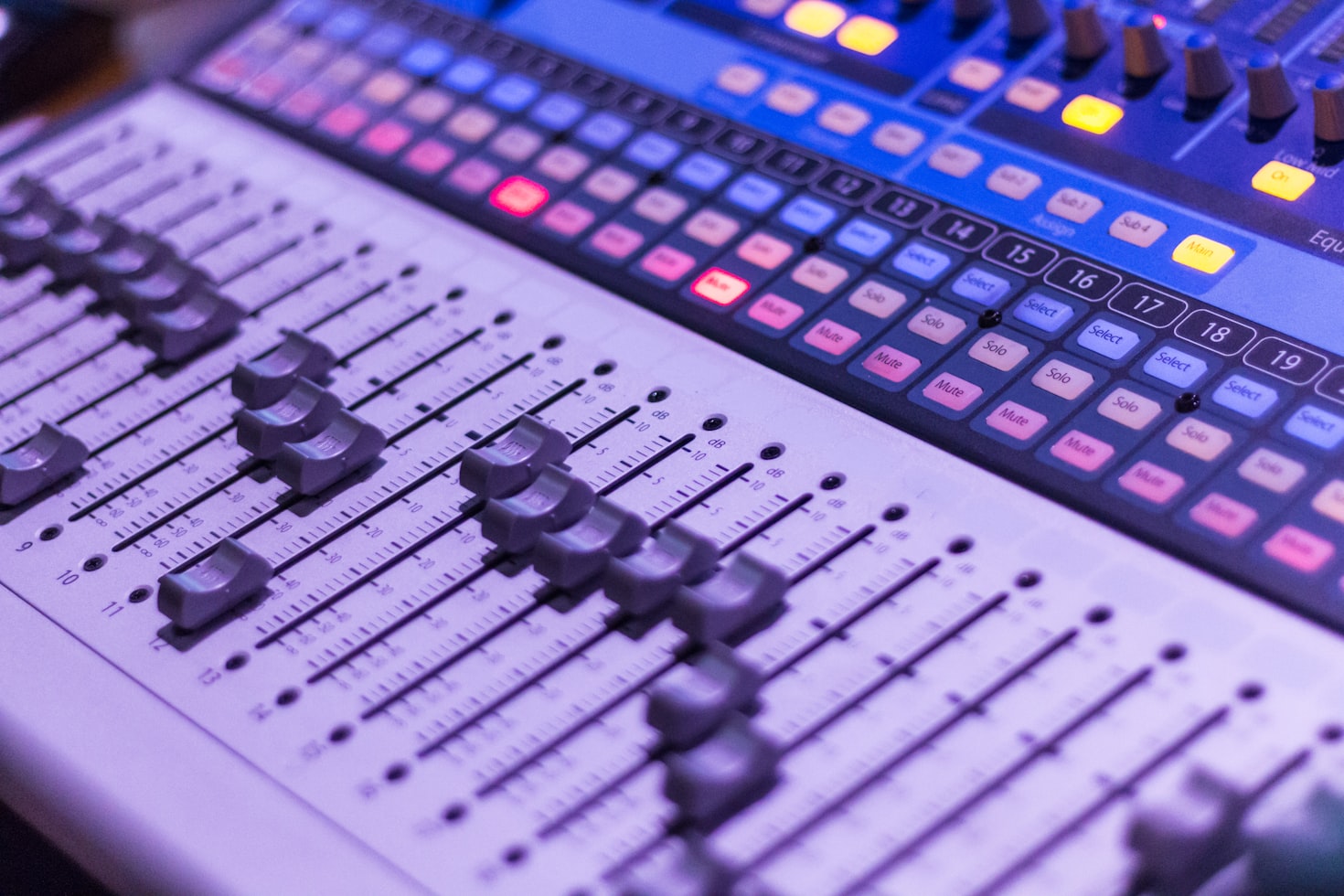Resonance
Resonance can cause some serious problems in music production and performance. It happens when specific frequencies get amplified and become more noticeable, leading to a boomy and muddled sound. But don't worry, there are ways to tackle it! Sound engineers and musicians use equalisation and other techniques like damping, absorption, and diffusion to control the resonance and get a balanced sound.
Masking
Masking in music production means that certain frequencies overlap and make it tough to hear certain parts of the music clearly. When two or more instruments are playing in the same frequency range, it can result in a muddled and cluttered sound. To fix this, audio engineers use equalisation (EQ) to balance the levels of different frequencies, making the mix clearer and easier to listen to. With EQ, audio engineers can bring out the definition and separation between instruments, creating a more enjoyable listening experience.
Feedback
Feedback can be a real pain during live shows. It happens when sound from the speakers is picked up by the microphones, creating a vicious cycle that amplifies the sound to a point where it becomes annoying and even painful to the ears. This is caused by specific frequencies that become too loud and start resonating within the system. To avoid this problem, sound engineers need to be on top of things, controlling the gain levels of the mics and speakers and making sure the sound system is running at its best. EQ can also be a lifesaver in these situations, allowing engineers to tweak specific frequencies and reduce the risk of feedback, leading to a clean and clear sound for everyone to enjoy.
Hearing Damage
Protecting your hearing is crucial if you're into music or frequently exposed to loud sounds. The high volumes and certain frequencies can harm your inner ear, leading to permanent hearing loss or other hearing issues. To keep your ears in tip-top shape, it's important to be proactive.
Wearing hearing protection and limiting exposure to loud sounds is key, as well as avoiding listening to loud music for long periods. It's also smart to get your hearing checked regularly to catch any changes or damage early on. By doing these things, you can keep your hearing healthy and enjoy music and all sounds for years to come.
Well these are some reasons why, to get a good sounding mix, sound engineers and musicians often tweak specific frequencies using equalisation (EQ). By turning up or down certain frequencies, they aim to get a mix that sounds balanced and pleasing. Keep in mind again, what may sound bad to one person might not to another, personal taste and preference plays a huge part in how people experience different frequencies in music.
(Photo by @arcreates)
